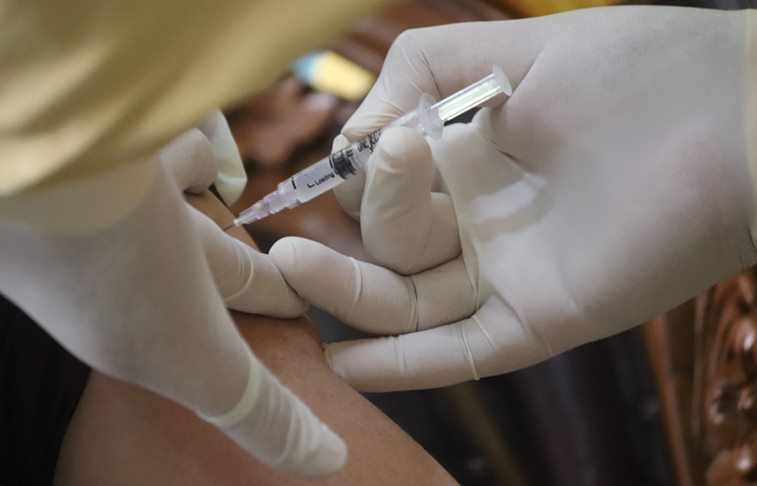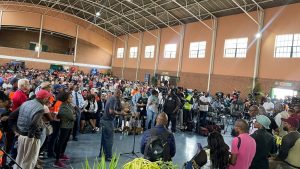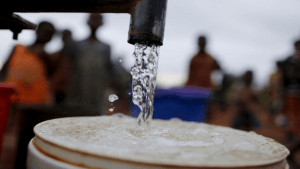The National Health Department says registration for the second dose of the Pfizer vaccine for the 12 to 17 age group has been opened.
It says it’s been inundated with media and public inquiries, since announcing on Wednesday that the South African Health Products Regulatory Authority had approved the matter of a 3rd booster shot of the Pfizer jab – for the adult population, individuals aged 18 and older.
The department says SMS messages have been sent to those who qualify for their second vaccination.
22 391 new COVID-19 cases
On Thursday, South Africa has reported 22 391 new COVID-19 cases of coronavirus, bringing the total number of cases to 3 093 452.
There has been a further 22 COVID-19 related deaths in the past 24 hours, taking the death toll to 90 060. A total of 75 251 tests have also been conducted.

Loading…
Booster dose for 18 years and older
Meanwhile, SAHPRA has approved a third (booster) dose of the Pfizer COVID-19 vaccine for individuals aged 18 years and older.
The booster shot is to be administered at least 6 months after the second dose.
A booster shot of the same vaccine has also been approved for individuals aged 12 years and older who are severely immune-compromised, to be administered at least 28 days after the second dose.
These developments were announced on Wednesday by SAHPRA.
“On 17 November 2021, SAHPRA received an application from Pfizer to amend the dosing schedule for the Comirnaty® COVID-19 vaccine, allowing an optional third (booster) dose. Following evaluation of the data submitted, SAHPRA has approved the following options,” notes SAHPRA in a statement on Wednesday.
WHO Africa briefing on the vaccine rollout and the Omicron variant:
WHO warns against vaccine hoarding
Earlier the World Health Organisation warned wealthy countries against hoarding COVID-19 vaccines for booster shots as they try to fight off the new Omicron variant, threatening supplies to poorer countries where inoculation rates are low.
Many Western nations have been rolling out boosters, targeting the elderly and people with underlying health issues, but worries about the fast-spreading Omicron have prompted some to expand their programmes.
The WHO recommended boosters instead for those with health issues, or those who have received an inactivated shot.
The jury is still out on how effective current vaccines are against Omicron. They have so far proved hugely successful in slowing the spread of the coronavirus and the severity of illness, but low rates of inoculation pose the risk of more dangerous and more vaccine-resistant variants emerging.
"As we head into whatever the Omicron situation is going to be, there is a risk that the global supply is again going to revert to high-income countries hoarding vaccine," the WHO's vaccine director, Kate O'Brien, told a briefing. -Additional reporting by Reuters






